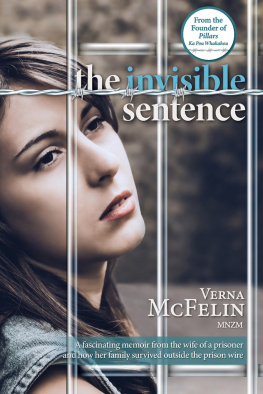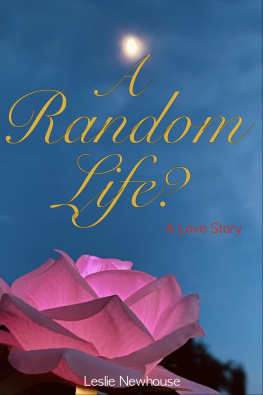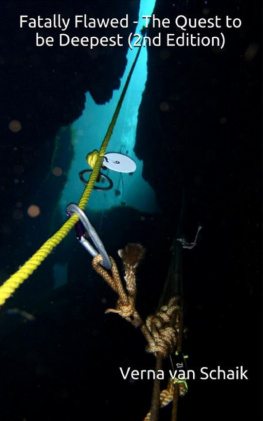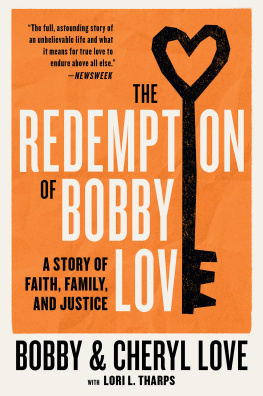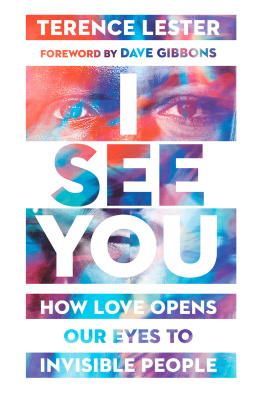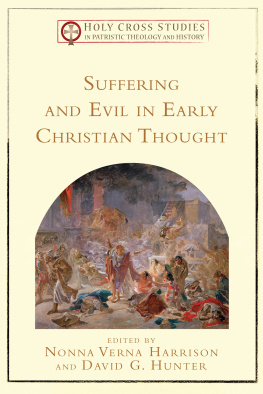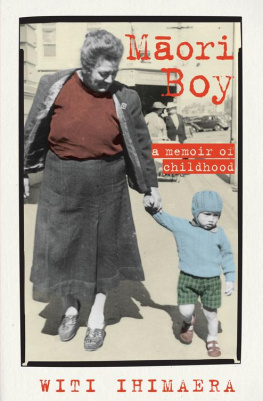

Copyright 2021 Verna McFelin
Contact:
www.vernamcfelin.com
Facebook: @VernaMcFelinAuthor
Published by Verna McFelin with Wild Side Publishing, February 2021
Email:
All rights reserved. This book or any portion thereof may not be reproduced or used in any manner whatsoever without the express written permission of the director/author, except for the use of brief quotations in a book review.
Scripture taken from the Good News Translation (GNT) Copyright 1992 by
American Bible Society. Used by permission. All rights reserved.
The permission is automatic and does not have to be applied for.
Cover design, typesetting and layout: Wild Side Publishing
National Library of New Zealand (Te Puna Matauranga o Aotearoa)
Title: The Invisible Sentence
ISBN: 978-0-473-56277-9 (paperback)
978-0-473-56278-6 (epub)
Subjects: Memoir, New Zealand Non-Fiction, Justice, Social Issues, Christian Living, Christian Teaching, Christian Ministry Resources
First printing February 2021 New Zealand
International listing March 2021 www.ingramspark.com
endorsements

I have always thought of Verna as a very matter-of-fact personpractical, determined and committed to supporting the families of prisoners. In The Invisible Sentence Vernas personal story is made all the more powerful by her restraint. It is a story of institutional maltreatment, of bureaucratic indifference, of the traumatisation and bullying of her children, of individual acts of cruelty and generosity, of hardship, of the value of collective strength and support, and resilience and faithfulness in the face of adversity. Above all, it tells us that in this secular age, God is still in the house.
Sir Kim Workman KNZM, QSO
T he book you hold in your hand will move you, surprise you and restore a faith and hope in you to never give up. Vernas story is unique and has been widely acclaimed; now it can be read in all its raw honesty and inspiring detail.
David Collins, author of The Storyteller
E ven in a western democratic society, like New Zealand, Verna and her family faced terrible injustice and marginalisation. This book is the authentic story of a family that journeyed down this road. They didnt do it alone, God walked alongside them every step of the way. The McFelin family learned that, in whatever circumstances they faced, God had a redemptive plan to bring peace to troubled waters.
Pastors David and Denise Cooper
Empower ChurchChristchurch, New Zealand

dedication

I dedicate this book to God, my heavenly Father, my loving husband, Paul, my amazing children, Jacqui, Lisa, Ben, and Kate, and my sister-in-law, Debra, for, without you all, I would not have the pleasure of sharing my experience with the world.
And to all the many people who did not know me who prayed for us during our ordeal. We stand here today as a testimony of the many prayers of the saints that came our way at that time.
Thank you.

acknowledgements

I have to start by thanking my awesome husband, Paul, for allowing me to air his dirty laundry in the public arena. He also read all my drafts, recalled situations that I had forgotten, and gave me great advice that brought this book to fruition.
To my children Jacqui, Lisa, Ben and Kate and my sister-in-law Debra for the amazing journey we encountered together.
To Miriama Kamo for finding time in her incredibly busy schedule to contribute the Foreword for this book.
To Dave Palmer and Janette Busch and the New Zealand Christian Writers Group, Christchurch, who encouraged me and gave me great feedback and support.
To Pastor David Collins, Church Planter, Missionary, Teacher and Blogger; and Pastors David and Denise Cooper of Empower Church, who gave me spiritual advice. Thank you, Pastor Denise, for your prophetic word, I must get this book written and out.
And to the Holy Spirit who guided and supported me from beginning to end, every step of the way.
Thank you.
contents

The Map: New ZealandAotearoa
foreword

V erna McFelin and her children moved in across the road when I was 11 years old. Her second eldest, Lisa, was my age. She was to go to my small Catholic primary school and to become my friend. What I couldnt know then was that it was Verna who was to become a force in mine and my familys lives for decades to come. Already exposed to prisons through my parents work as Prison Chaplains, I felt neither judgement nor surprise that Lisas father was in prison. It was just another of the many details I was learning about the McFelin whnau; they were a normal family, kind, generous and lively. But I remember listening to a story Lisa had written in class about the night the police came for her father. She wrote of the force, the terror, the trauma of her fathers arrest. It was the beginning of restitution for his part in a kidnapping that had horrified the nation. He served his time. But, so too, did his family.
What Vernas work as the founder of Pillars did, was to remind New Zealanders of the innocence of the child. The birthright of every child is to be innocent. Vernas mahi found, however, that the burden of associated guilt weighs heavy on the child of an inmate. These children are over nine times more likely to end up in prison themselves. But was that path built by the parents or by a society which constantly reminds them of their vulnerability? A single parent family, one less income, more strain and anxiety, the stigma of a parents imprisonment, the trauma of growing up in uncertainty. Where was the support, the care and love that Vernas children needed, that all children of prison inmates need?
Pillars was born to tend to that need, to show these young vulnerable people that society does care, and to highlight to them other pathways. While some might see this as a kindly charity with worthy ideals, Pillars is, in fact, a robust and determined organisation with real end goalsgoals that can be measured not just in the lives of the families it deals with, but across the society it operates in. Almost every child that has been supported by Pillars so far has bucked the statisticsfew of them have followed their parents into prison. The value of that intervention is immense, making our communities safer and easing the burden on our deeply flawed Justice and Corrections systems. This means fewer crimes, fewer traumatised victims, fewer expensive prison beds and fewer dispossessed children.

